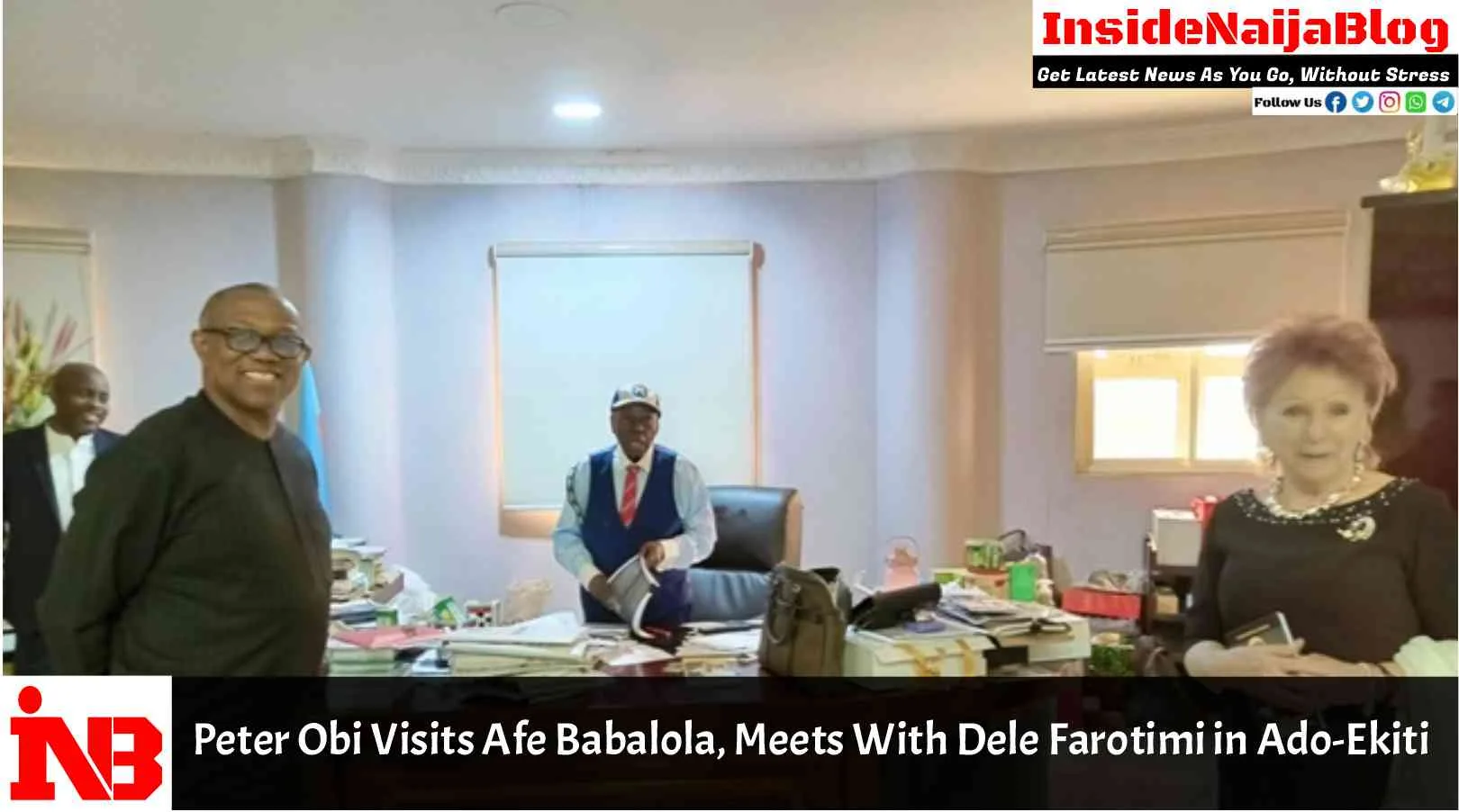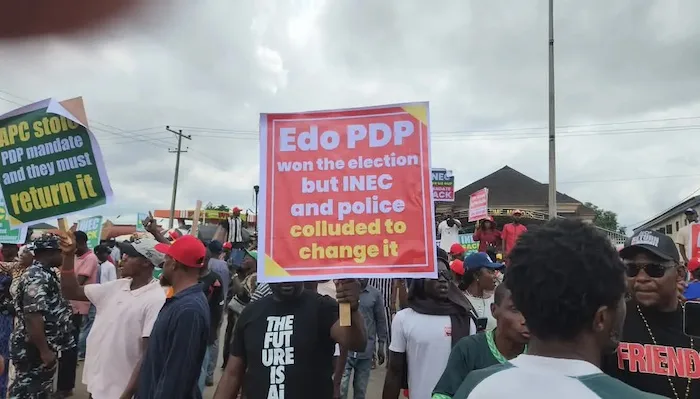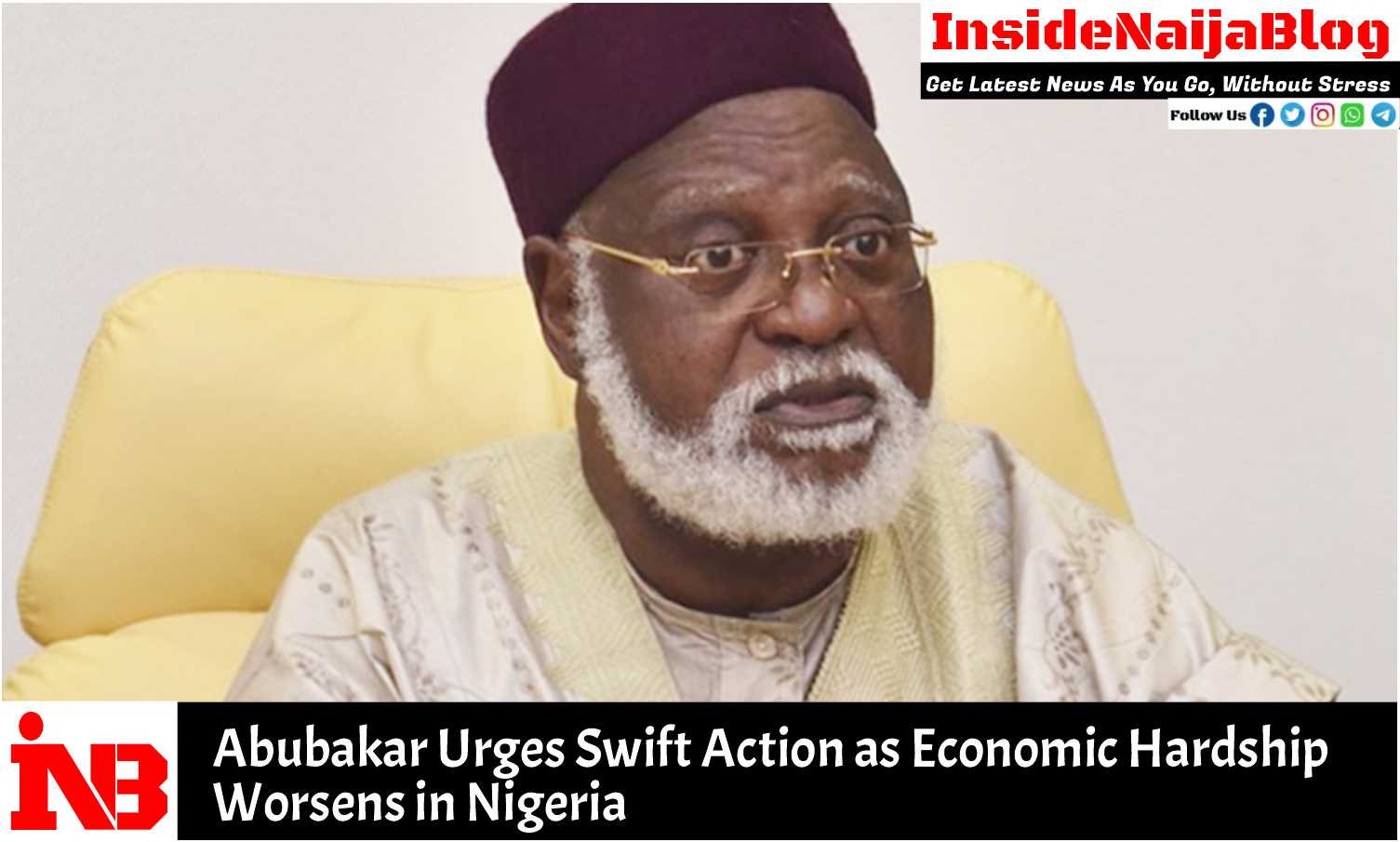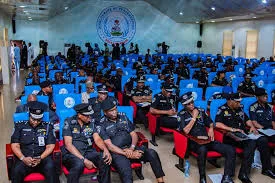Peter Obi, the 2023 presidential candidate of the Labour Party, made a notable visit on Monday to Aare Afe Babalola, SAN, the founder of Afe Babalola University, Ado-Ekiti (ABUAD). The meeting took place at Babalola’s office within the university’s campus and has sparked speculation about its connection to the ongoing defamation case involving prominent human rights lawyer Dele Farotimi.
Possible Reason for the Visit
Sources close to Aare Afe Babalola suggest that Obi’s visit may have been part of efforts to mediate the legal dispute between Babalola and Farotimi. Farotimi, a leading voice in the Obidient movement, is facing defamation charges over statements made in his book, Nigeria and Its Criminal Judicial System.
Reportedly, a former Nigerian president, known for his close ties to Babalola, may have facilitated Obi’s visit in a bid to explore alternative resolutions to the dispute.
The Legal Tussle
Farotimi was arraigned last week in Ado-Ekiti before a magistrate court after Aare Afe Babalola filed a petition alleging defamation. The legal battle escalated on Monday when the Inspector General of Police (IGP) filed a fresh 12-count charge against Farotimi at the Federal High Court in Ado-Ekiti. The charges include allegations of cybercrime, further complicating the case.
Although Farotimi was granted bail by the Federal High Court with conditions requiring ₦50 million and a surety in like sum, his legal team is still working to meet these conditions.
Obi’s Engagement in Ado-Ekiti
During his visit to the state, Obi reportedly held discussions with Farotimi at the correctional facility where the lawyer is temporarily detained. This meeting has fueled further speculation about Obi’s role in seeking a resolution to the matter, possibly through dialogue and reconciliation.
A Broader Implication
The defamation case underscores the challenges faced by activists and outspoken critics of Nigeria’s political and judicial systems. Farotimi, a vocal advocate for systemic reforms, has gained significant attention for his bold critiques.
Obi’s involvement, albeit informal, suggests a possible shift toward resolving disputes outside the courtroom. If successful, such mediation could ease tensions between the parties while reinforcing the need for dialogue over prolonged legal battles.
Next Steps
While the details of Obi’s discussions with Babalola and Farotimi remain undisclosed, observers are keenly watching for signs of progress toward an amicable resolution. As Farotimi’s legal team continues to address his bail conditions, the broader implications of this case for freedom of speech and activism in Nigeria remain a topic of national interest.
This visit highlights Peter Obi’s ongoing engagement with critical national issues and his potential role in fostering dialogue and reconciliation among stakeholders.




